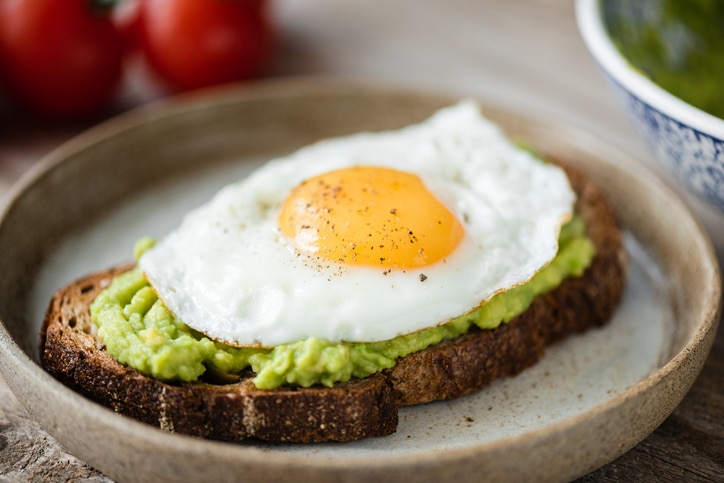Do you add chicken salt to your parmy or schnitty? Do you go for a halal snack pack (HSP) or servo food after a night out? Perhaps you prefer bumnuts to smashed avo on toast. If you love your Aussie food, word boffins from the Australian National University (ANU) want to hear from you.
The Australian National Dictionary Centre (ANDC) is looking for new contributions for The Australian National Dictionary, with a focus on food-related words and phrases.
Forget about vegemite, pavlovas, lamingtons, and snags on the barbie; the ANU experts say the 21st century has ushered in a wide range of exciting food choices for the average Australian. We can choose to dine on souvas and potato gems in the evening, and wake up to a Tim Tam slam and a flattie in the morning.
Dr Amanda Laugesen, ANDC Director and chief editor of the dictionary, says that as culinary culture changes in Australia, so too does the language we use to describe food and the dining experience.
“There are a much wider range of food choices available now – multicultural dishes, street food, ingredients from native plants and animals. We also like our less formal ways of enjoying food, from sausage sizzles to food festivals.
“All of these changes are reflected in the language we use, and we expect that there are many new Australian food-related terms that we have not recorded.
“We also welcome contributions that may not be new, but you think should be recorded. We’ve collected some older words that should have gone into the dictionary before, such as honey joy, tank loaf, bushman brownie, and smiley fritz, to name a few.”
Each year, the ANDC runs an appeal for contributions from the public for The Australian National Dictionary to build on the publication’s collection of Australian words and their origins.
“Contributions from the public are a very important way of alerting us to new words, or words that may’ve been overlooked in the past,” Dr Laugesen said.
“We look forward to seeing what we discover with this latest appeal.”
It might even finally settle the age-old debate over whether we should call it a potato cake or a scallop.
You can share your food terms via the ANDC Word Box feature or through the ANDC contact page.
The Australian National Dictionary Centre at ANU researches Australian English in partnership with Oxford University Press (OUP), and edits Australian dictionaries for OUP.



